Artificial Intelligence (AI) is changing education while making finding out more available but likewise sparking debates on its effect.

While students hail AI tools like ChatGPT for enhancing their learning experience, complexityzoo.net lecturers are raising issues about the growing dependence on AI, which they argue fosters laziness and undermines academic integrity, especially with lots of students not able to defend their projects or offered works.
Prof. Isaac Nwaogwugwu, a speaker at the University of Lagos, in an interview with Nairametrics, revealed frustration over the growing reliance on AI-generated responses amongst students stating a recent experience he had.
RelatedStories
Avoid sharing individual info that can recognize you with AI tools- Expert alerts
Chinese AI app DeepSeek sparks global tech selloff, challenges U.S. AI supremacy
"I provided an assignment to my MBA trainees, and out of over 100 students, about 40% sent the specific very same answers. These trainees did not even know each other, but they all utilized the exact same AI tool to create their responses," he said.
He kept in mind that this trend prevails among both undergraduate and postgraduate students however is specifically concerning in part-time and distance learning programs.
"AI is a serious obstacle when it comes to tasks. Many trainees no longer believe critically-they just browse the web, produce responses, and send," he added.
Surprisingly, some speakers are likewise accused of over-relying on AI, setting a cycle where both teachers and students turn to AI for benefit instead of intellectual rigor.
This debate raises crucial questions about the role of AI in academic stability and trainee advancement.
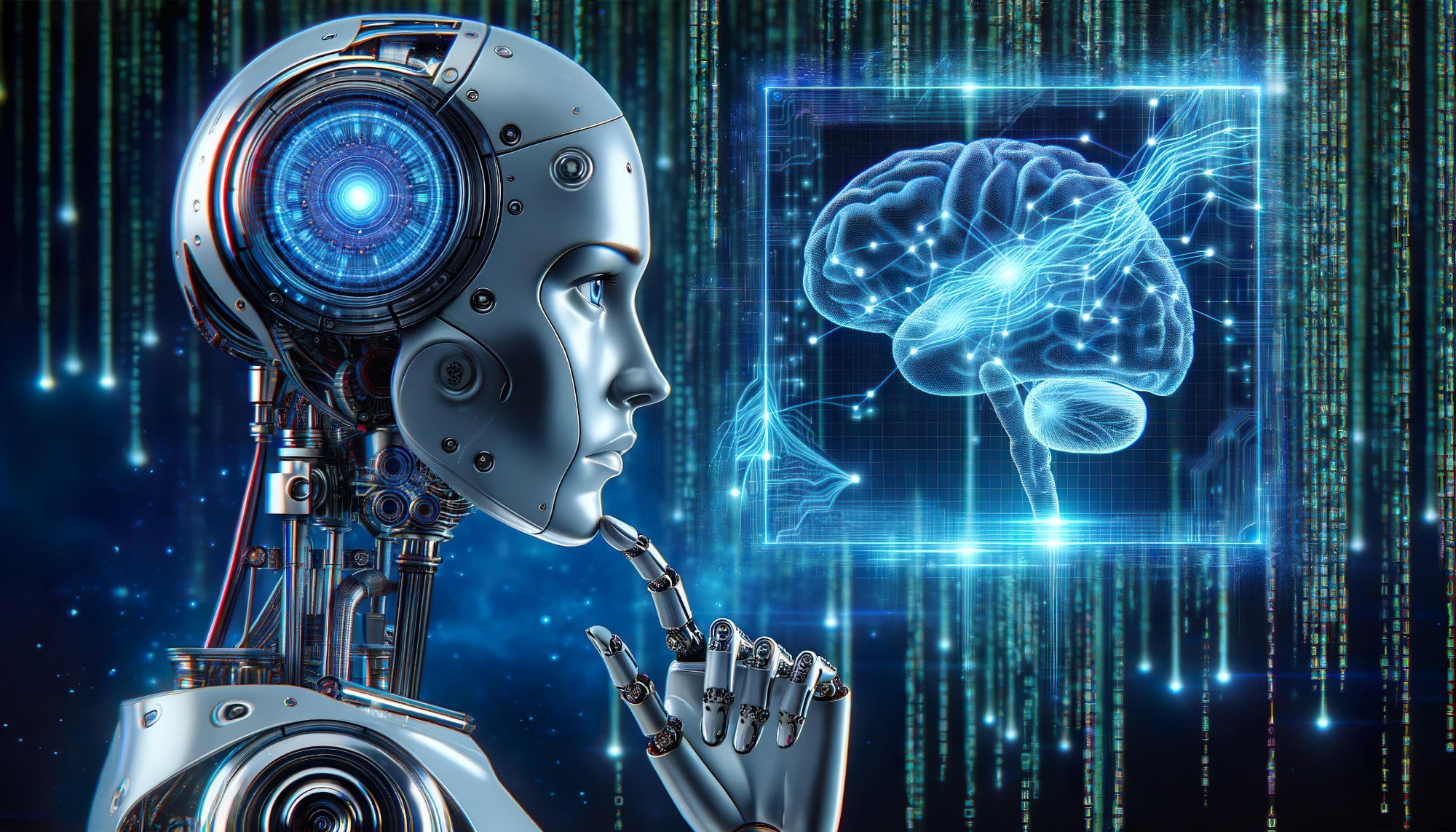
According to a UNESCO report, while ChatGPT reached 100 million regular monthly active users in January 2023, just one country had actually launched guidelines on generative AI as of July 2023.
Since December 2024, ChatGPT had more than 300 million individuals utilizing the AI chatbot each week and 1 billion messages sent every day all over the world.
Decline of scholastic rigor
University speakers are significantly concerned about trainees sending AI-generated tasks without really comprehending the material.
Dr. Felix Echekoba, a lecturer at Nnamdi Azikiwe University, bbarlock.com revealed his issues to Nairametrics about trainees progressively depending on ChatGPT, just to deal with addressing standard questions when tested.
"Many trainees copy from ChatGPT and submit refined assignments, but when asked standard concerns, they go blank. It's disappointing because education is about learning, not simply passing courses," he stated.
- Prof. Nwaogwugwu pointed out that the increasing variety of top-notch graduates can not be totally attributed to AI however admitted that even high-performing students use these tools.
"A superior student is a top-notch student, AI or not, however that does not suggest they do not cheat. The advantages of AI may be peripheral, but it is making trainees dependent and less analytical," he stated.
- Another lecturer, Dr. Ereke, from Ebonyi State University, raised a different issue that some lecturers themselves are guilty of the exact same practice.
"It's not simply students using AI slackly. Some lecturers, out of their own laziness, produce lesson notes, course describes, marking schemes, and even test concerns with AI without evaluating them. Students in turn utilize AI to generate answers. It's a cycle of laziness and it is killing genuine knowing," he regreted.
Students' perspectives on usage
Students, on the other hand, state AI has enhanced their knowing experience by making academic products more easy to understand and available.
- Eniola Arowosafe, a 300-level Business Administration student at Unilag, shared how AI has actually considerably helped her knowing by breaking down complex terms and supplying summaries of lengthy texts.
"AI helped me comprehend things more quickly, particularly when dealing with complex topics," she discussed.
However, she remembered a circumstances when she utilized AI to send her task, just for experienciacortazar.com.ar her lecturer to immediately recognize that it was produced by ChatGPT and decline it. Eniola kept in mind that it was a good-bad effect.
- Bryan Okwuba, who just recently graduated with a first-class degree in Pharmacy Technology from the University of Lagos, strongly believes that his scholastic success wasn't due to any AI tool. He attributes his exceptional grades to actively interesting by asking questions and focusing on locations that lecturers stress in class, as they are frequently shown in exam questions.
"It's all about existing, paying attention, and taking advantage of the wealth of knowledge shared by my associates," he said,
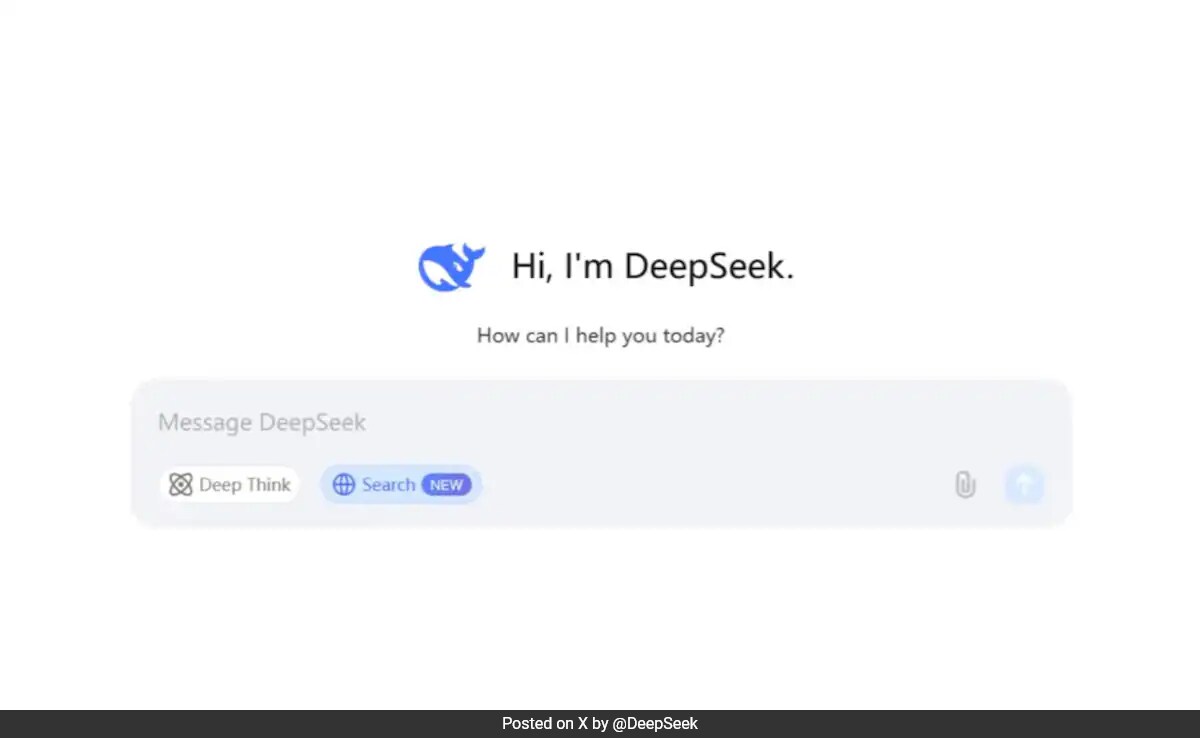
- Tunde Awoshita, a final-year marketing trainee at UNIZIK, admits to sometimes copying directly from ChatGPT when facing numerous due dates.
"To be sincere, there are times I copy directly from ChatGPT when I have multiple deadlines, and I know I'm guilty of that, most times the speakers do not get to check out them, but AI has actually also assisted me learn faster."
Balancing AI's function in education
Experts believe the option lies in AI literacy; mentor students and speakers how to use AI as a knowing help instead of a shortcut.
- Minister of Education, Dr. Tunji Alausa, forum.batman.gainedge.org highlighted the integration of AI into Nigeria's education system, stressing the value of a balanced technique that preserves human involvement while utilizing AI to improve learning outcomes.
"As we browse the quickly progressing landscape of Expert system (AI), it is vital that we prioritise human company in education. We must make sure that AI improves, rather than replaces, teachers' essential role in forming young minds," he stated
Concerns over AI in Learning
Dorcas Akintade, a cybersecurity change expert, attended to growing issues regarding using expert system (AI) tools such as ChatGPT and their prospective risks to the academic system.
- She acknowledged the benefits of AI, however, stressed the need for care in its use.
- Akintade highlighted the increasing hesitance amongst educators and schools towards integrating AI tools in finding out environments. She identified 2 primary reasons AI tools are dissuaded in instructional settings: security dangers and plagiarism. She explained that AI tools like ChatGPT are trained to respond based upon user interactions, which may not line up with the expectations of teachers.
"It is not looking at it as a tutor," Akintade said, discussing that AI doesn't deal with particular mentor techniques.
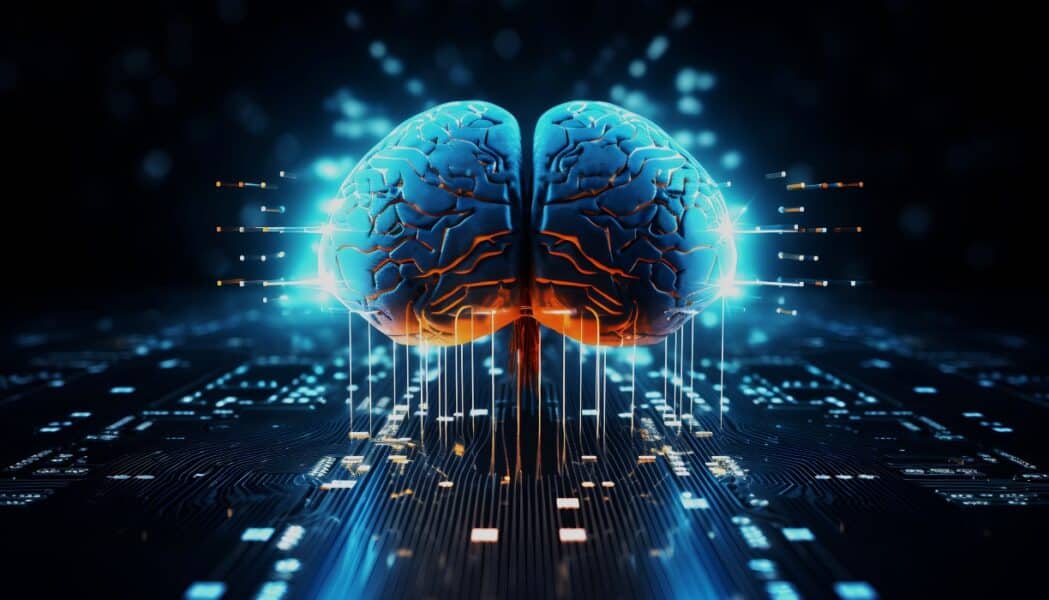
Plagiarism is another problem, as AI pulls from existing information, frequently without proper attribution
"A great deal of individuals need to comprehend, like I stated, this is information that has been trained on. It is not simply bringing things out from the sky. It's bringing details that some other individuals are fed into it, which in essence implies that is another individual's documents," she warned.

- Additionally, Akintade highlighted an early problem in AI development called "hallucination," where AI tools would create details that was not accurate.
"Hallucination implied that it was drawing out information from the air. If ChatGPT might not get that information from you, it was going to make one up," she explained.
She recommended "grounding" AI by supplying it with specific information to avoid such errors.
Navigating AI in Education
Akintade argued that prohibiting AI tools outright is not the option, especially when AI provides a chance to leapfrog conventional educational approaches.
- She thinks that consistently reinforcing key info assists people remember and avoid making mistakes when confronted with challenges.
"Immersion brings conversion. When you inform individuals the very same thing over and over again, when they will make the mistakes, then they'll remember."
She also empasized the requirement for clear policies and treatments within schools, keeping in mind that many schools ought to attend to the people and procedure elements of this usage.
- Prof. Nwaogwugwu has actually turned to in-class projects and tests to counter AI-driven scholastic dishonesty.
"Now, I generally use assignments to ensure students offer original work." However, he acknowledged that managing big classes makes this approach tough.
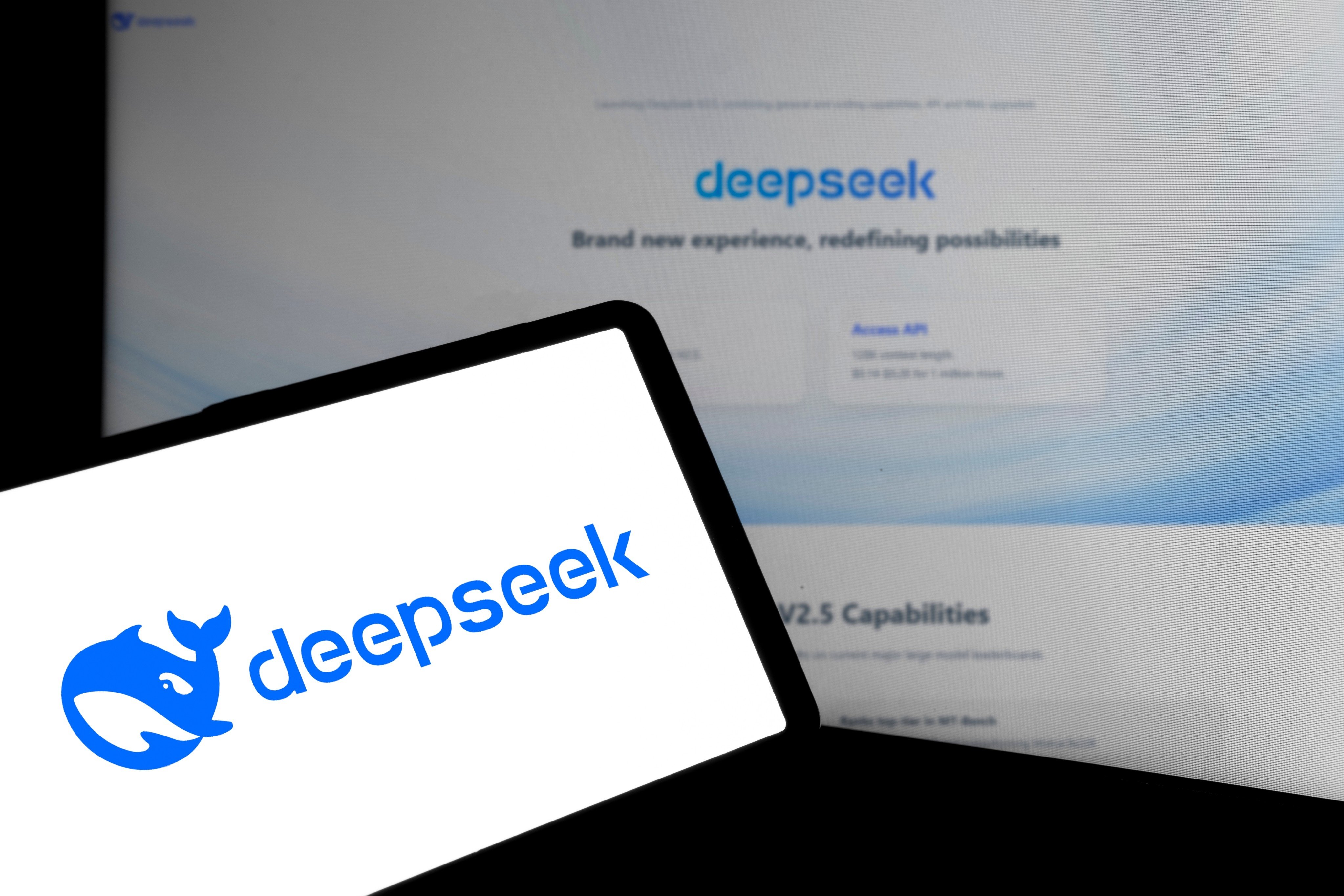
"If you set complicated concerns, trainees will not be able to utilize AI to get direct responses," he discussed.
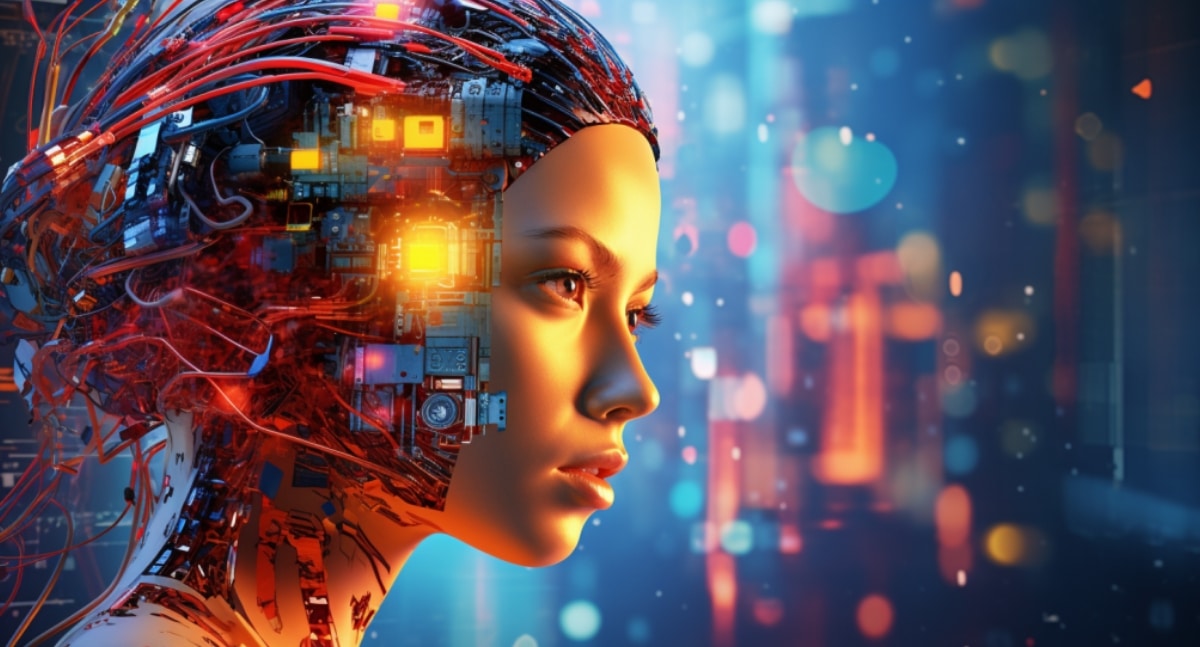
He stressed the requirement for universities to train lecturers on crafting examination concerns that AI can not easily fix while acknowledging that some lecturers struggle to counter AI misuse due to an absence of technological awareness. "Some lecturers are analogue," he said.
- Nigeria launched a draft National AI Strategy in August 2024, focusing on ethical AI development with fairness, transparency, accountability, and personal privacy at its core.
- UNESCO in a report requires the guideline of AI in education, recommending organizations to investigate algorithms, information, and outputs of generative AI tools to guarantee they meet ethical requirements, safeguard user information, and filter unsuitable material.
- It stresses the need to assess the long-term impact of AI on crucial abilities like thinking and creativity while creating policies that line up with ethical structures. Additionally, UNESCO advises carrying out age restrictions for GenAI usage to protect younger trainees and secure susceptible groups.
- For governments, it advised adopting a coordinated nationwide method to regulating GenAI, consisting of developing oversight bodies and lining up regulations with existing data security and privacy laws. It stresses assessing AI threats, imposing stricter rules for high-risk applications, and ensuring national data ownership.





